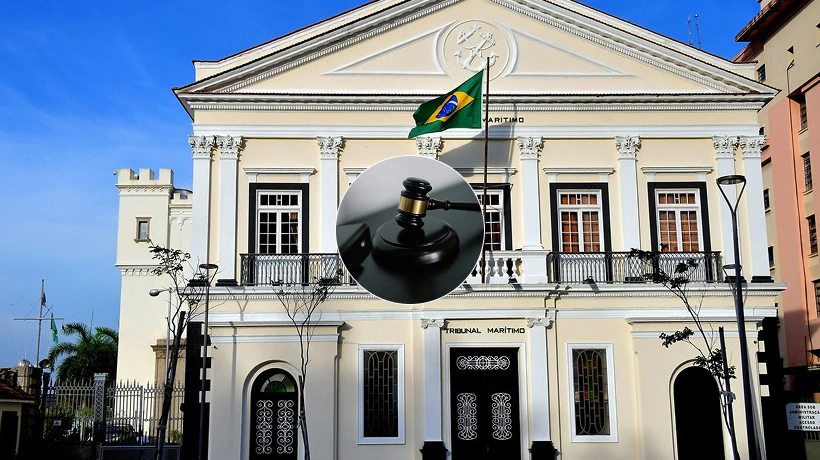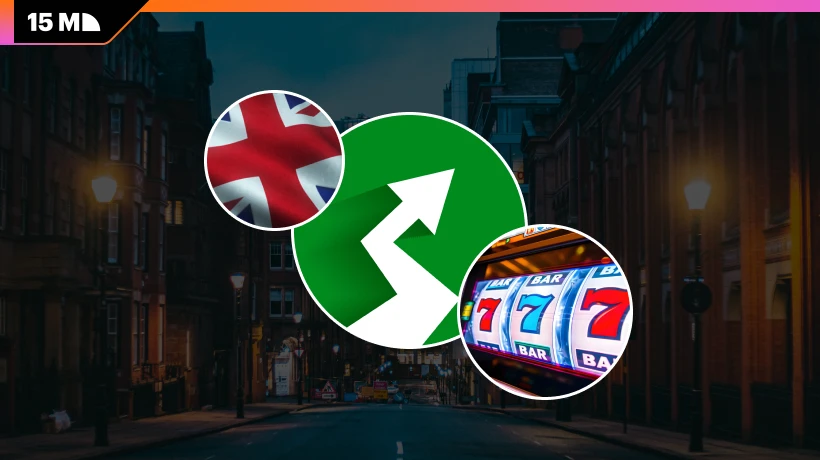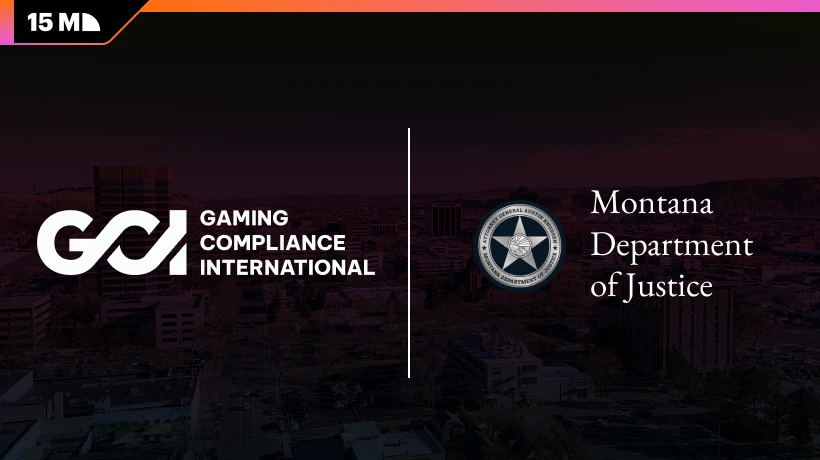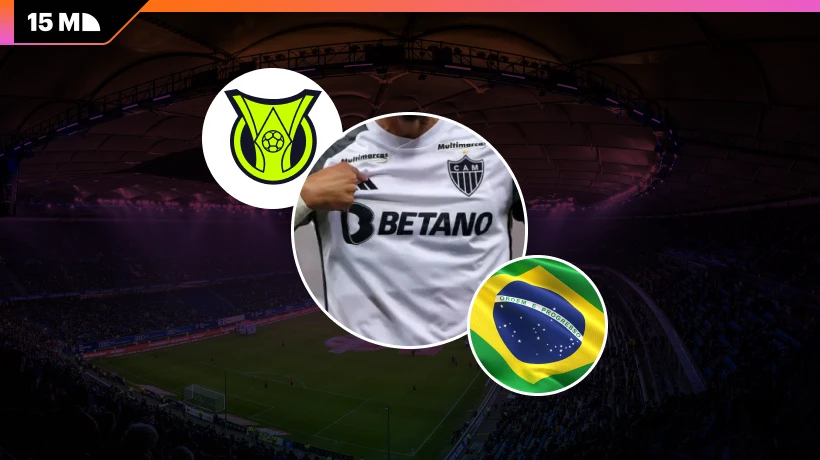A Rio de Janeiro court froze BR65m ($12m) in assets from suspects behind an unauthorised online casino operation. Police say the network centres around Adilson Oliveira Coutinho Filho. Between 2022 and 2025, the group moved over BR130m through betting platforms and fake companies.
Investigators identified Palpite na Rede as a main player. The business listed its address as a snack bar. But police found it actually ran an illegal online casino instead.
The operation’s accountant reportedly handled day-to-day management. Authorities arrested him after finding cash, luxury vehicles and money-counting machines at his home. Financial records show he controlled most transactions flowing through the network.
Why This Case Connects Betting to Organised Crime
The investigation reveals how criminal groups exploit Brazil’s unregulated betting market. Police traced funds moving between tobacco shops, beverage distributors and betting platforms. The scheme links digital gambling directly to cigarette smuggling operations.
One tobacco store received BR267,000 from a beverage company that handled BR36m in just one year. Authorities say this store laundered money from illegal cigarette sales. The connections run deeper – investigators found transfers to businesses controlled by Willian Barile Agati, known as the “Concierge of Organised Crime” for his ties to national criminal networks.
What Police Found in the Money Trail
Financial records exposed the laundering method. Palpite na Rede sent large amounts to small, underfunded businesses that couldn’t justify the transactions. A supermarket received BR700,000 in 2023 despite limited operations.
The beverage distributor processed BR36m annually – far beyond normal capacity for its size. These companies existed mainly to receive and transfer gambling proceeds. Police tracked over BR500,000 moving to another tobacco shop in the network.
Authorities discovered the operation used interconnected industries. Money flowed from betting sites through beverage companies, then into tobacco stores. Each transfer made the funds harder to trace.
How Brazil’s Betting Loophole Enables Laundering
This case shows criminal groups actively use unauthorised gambling platforms as financial pipelines. Without proper regulation, betting sites can move millions without triggering oversight. The Rio operation processed BR130m over three years with minimal scrutiny.
Police say the scheme demonstrates a pattern. Criminal networks layer illegal gambling with legitimate-looking businesses like supermarkets and distributors. This makes dirty money appear clean.
The connection to cigarette smuggling operations reveals broader criminal infrastructure. Groups don’t just run illegal casinos – they integrate gambling into existing smuggling and trafficking networks. Brazil’s betting sector remains vulnerable while regulation gaps persist.







